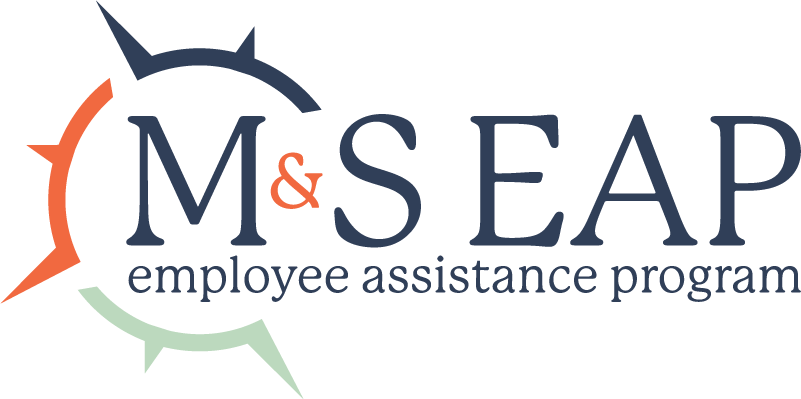How Can I Budget and Pay Off Student Debt?

After graduation, debt statistics say that most individuals have a student loan debt averaging $37,338, according to the National Data Initiative, with 61 percent of graduates in 2022 relying on borrowed funds to make it through college.
What this means is that over half of college graduates, in addition to figuring out life post-grad, are faced with the challenges of properly budgeting to avoid becoming swallowed in debt.
What is debt?
Any post-grad American is probably familiar with the definition of debt – it’s money you previously borrowed that you now need to pay back. In some cases, it’s as simple as five dollars you owe a co-worker for picking up coffee on the way to work. In other situations, it is thousands of dollars owed to an institution for a college education.
While that can be an overwhelming reality, it is a reality that faces the majority of American graduates. College is expensive, and the average American does not make enough money to put themselves through college without accumulating some debt.
To prevent debt from accumulating, it is important to come up with a budget that is realistic for you so you can both afford your needs and wants, as well as cover all monthly expenses, including student loan payments.
What is financial planning?
According to NerdWallet, “Financial planning is an ongoing process that looks at your entire financial situation to create strategies for achieving your short- and long-term goals. It can reduce your stress about money, support your current needs and help you build a nest egg for goals such as retirement.”
Financial planning is crucial for young adults looking to pay off debt. Not only can it help them save money, but it can also help with setting and achieving goals, making paying off debt more manageable and quantifiable. It helps you know how much money you have coming into your account, which, in turn, allows you to know how much you have to spend.
How can I use financial planning to pay off debt?
To properly pay off your debt while still ensuring you have money for gas, groceries, rent, etc., you will want to set up a financial plan that includes a budget to optimize spending and minimize accumulating even more debt.
1. Determine your goals
If your goal is to pay off your loans as quickly as possible, you’ll need to organize your budget in a way that allows for this kind of spending; if your goal is to save up for a car or house, you’ll need to craft a budget plan that sets a significant amount of money into savings (which may mean less money for “wants”).
If you have your goals visualized, it will be easier to put the money towards these goals as you begin to see your efforts pay off.
2. Design a realistic budget
There are so many different kinds of budgeting plans out there, and it is important to pick the one most feasible for you to be successful. Budgeting includes writing out all the places your money has to go each month (rent, utilities, gas, groceries, insurance), any loan payments you have (car payments, loan payments, mortgage payments) and any other expenses you face each month (eating out, subscriptions, a travel fund, etc).
Then, you take your total income, subtract all these expenses from it, and the amount left over becomes the amount you can set aside in your savings or put towards your goal. Budgeting prevents you from overspending so you can cover all your obligatory payments in addition to funding your goals.
3. Consider a side hustle
Sometimes full-time jobs after college simply do not pay enough to feasibly pay off debt in a short amount of time – this can lead to more accumulated interest as months roll by with outstanding debt.
If your financial goal is to pay off debt, consider a small job on the side if you have the time. A barista at a coffee shop, a retail clerk, a receptionist at a salon, and a bartender, are all options that have hours on the weekend which can earn you some extra cash. Then, if possible, this extra income can go straight towards your financial goals and/or paying off debt.
4. Pay off high-interest loans first
Some loans come with higher interest rates, which can lead you to spend more money in the long run. Find out the interest rates on your loans and work towards paying off the ones with higher interest rates first.
5. Make double payments
If your financial planning budget allows it, or if you find yourself getting a raise or bonus, consider the benefits of paying extra towards your loans for that month. While it might not be feasible every single month, it can be a prudent way to spend extra income to help with financial relief down the road.
Need financial planning help?
Whether you can’t figure out how to calculate loan debt on your own, are struggling with financial planning or just want some professional help coming up with a plan to manage your money, Mazzitti & Sullivan EAP is here to help. Reach out to our offices by calling 800-543-5080 or contacting us online to learn more about how we can benefit you and your employees.



